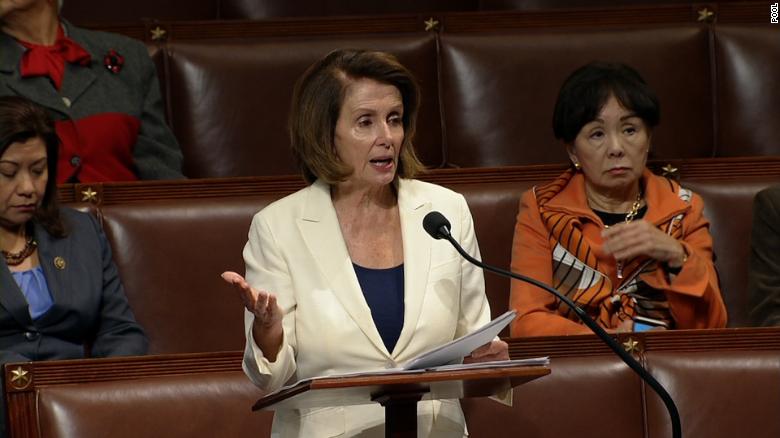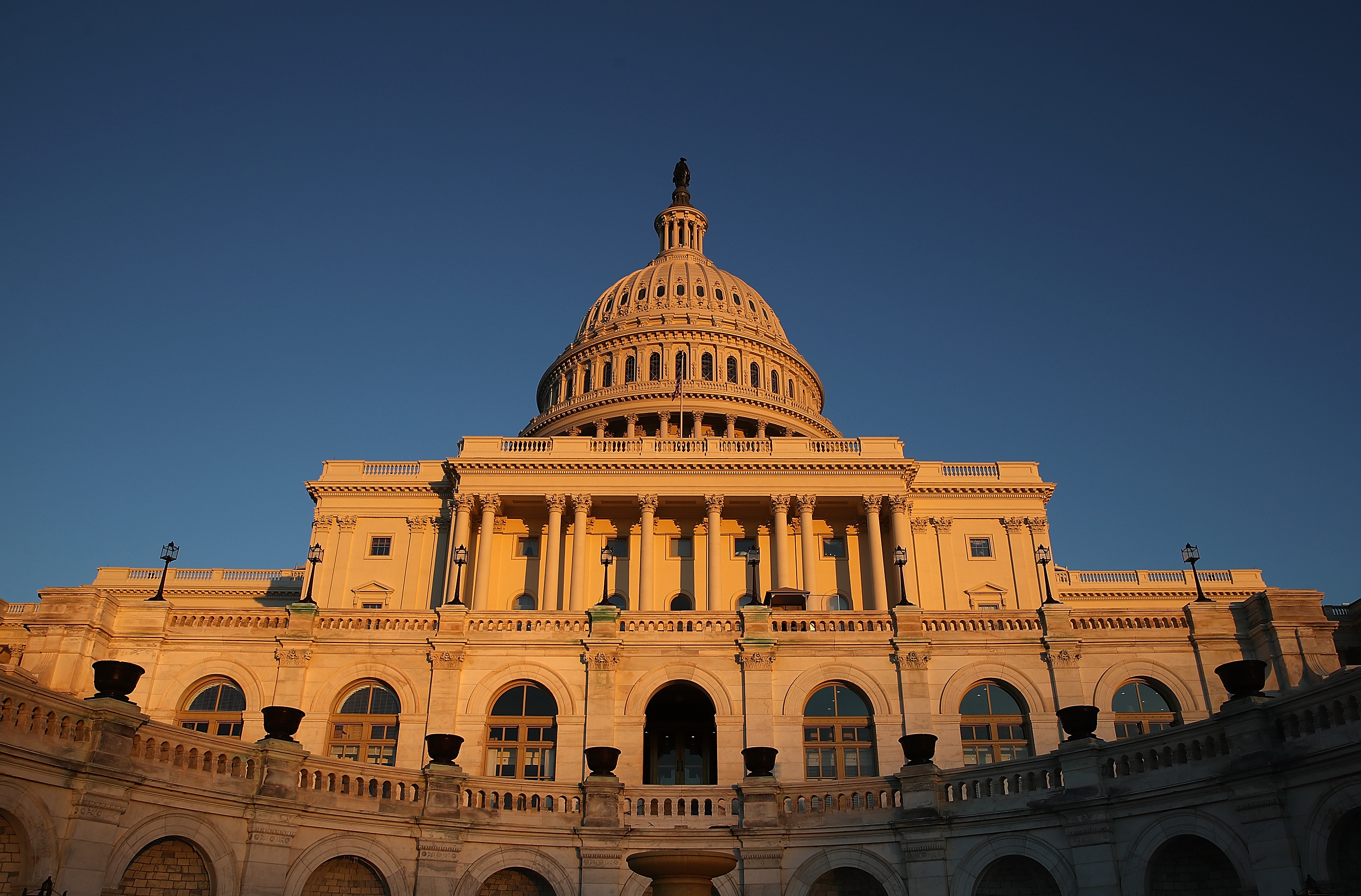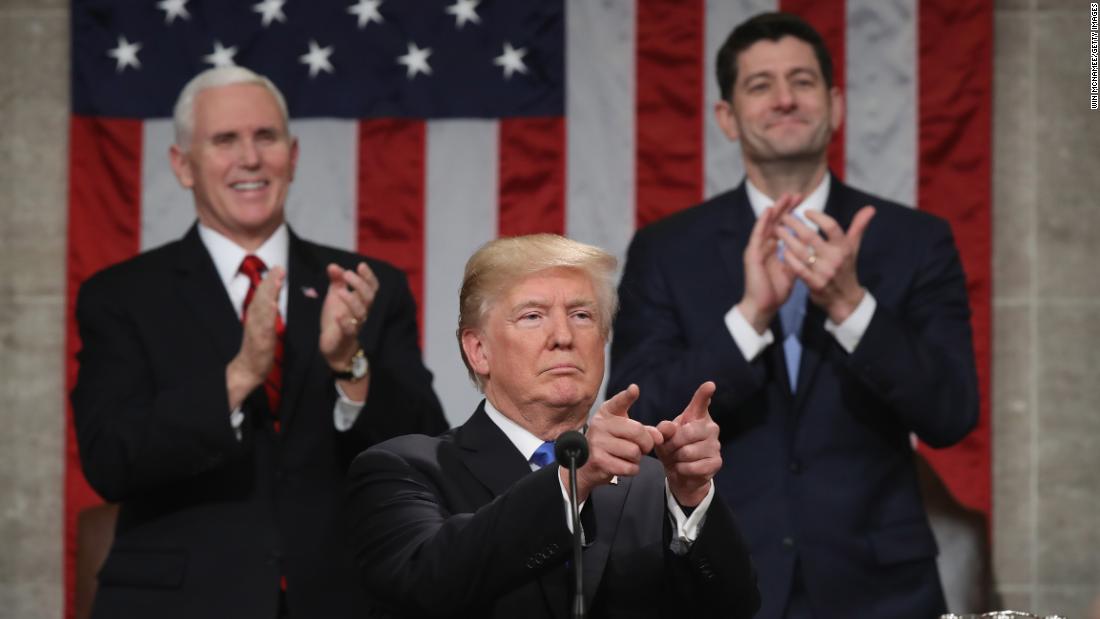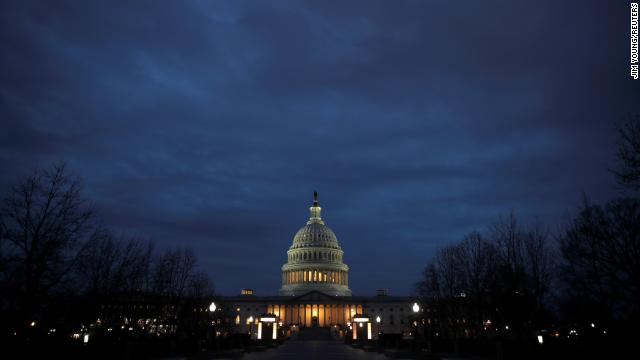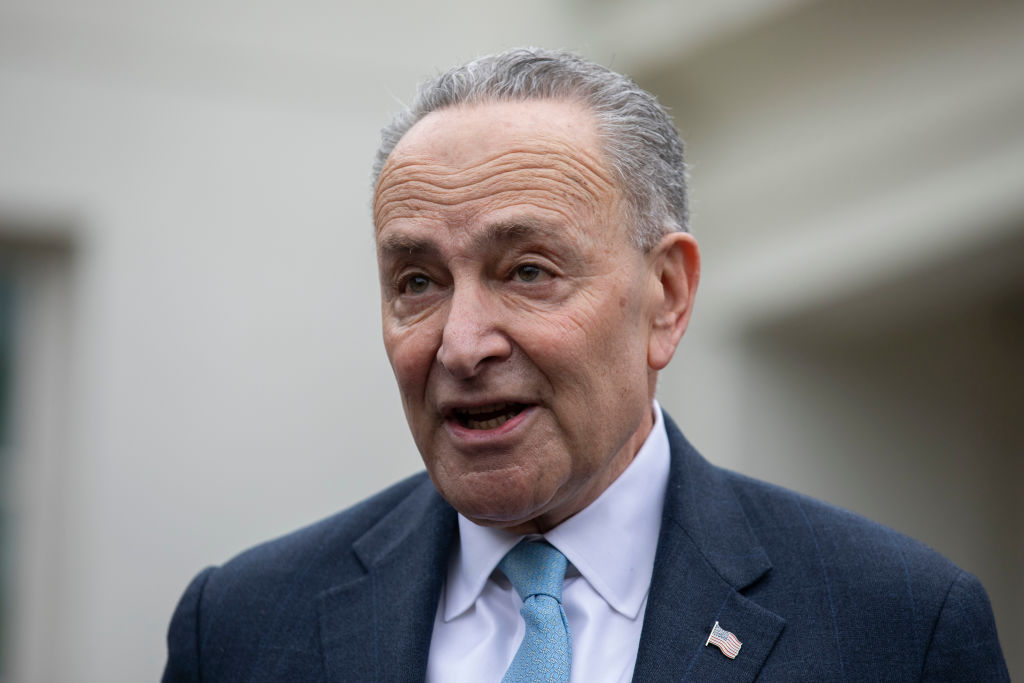The House passed a $12 billion disaster relief bill, with a clean stopgap spending bill attached that would open the government until Feb. 8.
The vote was 237-187. Six Republicans joined with Democrats in passing the bill.
The bill does not include funding for President Trump's long-promised border wall. It is not expected to be taken up by the Senate.
The measure is the latest effort by House Democrats to reopen government.
The House voted yesterday on a clean continuing resolution that would open the government until Feb. 1, but it failed to pass because it needed a two-thirds majority in this instance due to the way it was brought up on the floor.
And tomorrow, the House is set to vote on another clean continuing resolution that keeps the government open until Feb. 28.
One thing to note: The White House issued another veto threat today on the disaster relief bill. The White House expressed the administration's view on aspects of the bill, including $600 million in nutrition assistance to Puerto Rico, which it deemed “excessive and unnecessary” and other disaster relief efforts, including $16 million to the Energy Department’s Office of Electricity for technical assistance for recently-declared disasters.
